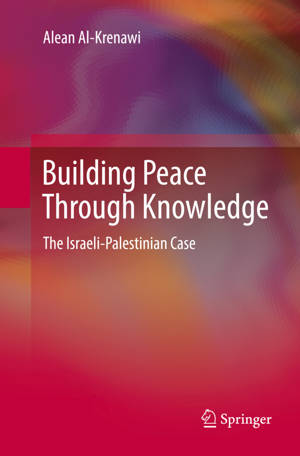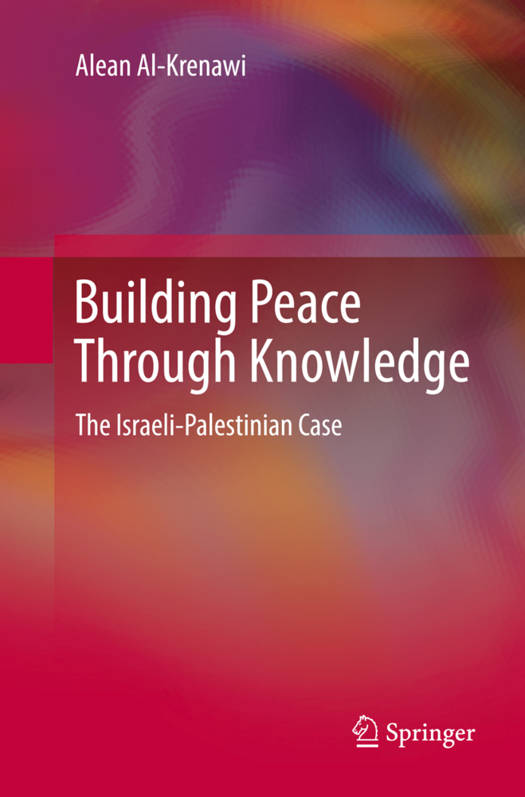
- Afhalen na 1 uur in een winkel met voorraad
- Gratis thuislevering in België vanaf € 30
- Ruim aanbod met 7 miljoen producten
- Afhalen na 1 uur in een winkel met voorraad
- Gratis thuislevering in België vanaf € 30
- Ruim aanbod met 7 miljoen producten
Omschrijving
This groundbreaking volume documents a comprehensive peacebuilding initiative in addressing the Israeli-Palestinian conflict and reviews the broad theoretical base underlying these efforts. Theory chapters discuss intrinsic peace-related concepts, including the nature of conflict, elements of individual and group identity, the long-term psychological effects of prolonged political hostilities, and the mechanisms of reconciliation and inclusiveness. Central to the coverage is the ambitious Building Peace through Knowledge Project, a four-year multidisciplinary program featuring a diverse palette of professional and community interventions to reduce the occurrence and trauma of political violence. The author reveals powerful insights connecting knowledge to peacebuilding by analyzing:
- The relationships between attitudes and ideology in intergroup conflict.
- The psychosocial impact of political violence among Israelis and Palestinians.
- The literature on people-to-people interventions (P2Ps) in conflict reduction.
- The roles offorgiveness, reconciliation, and fairness in conflict resolution.
- The methodology and findings of the Building Peace through Knowledge Project.
- The potential of knowledge-based interventions in building sustainable peace in other regions.
Practitioners, mental health professionals, and scholars with interests in multicultural mental health, cross-cultural psychology, political violence, and peace education will look to Building Peace through Knowledge as an ideabook, a mission statement, and a road map toward a more stable world.
Specificaties
Betrokkenen
- Auteur(s):
- Uitgeverij:
Inhoud
- Aantal bladzijden:
- 144
- Taal:
- Engels
Eigenschappen
- Productcode (EAN):
- 9783319858746
- Verschijningsdatum:
- 9/05/2018
- Uitvoering:
- Paperback
- Formaat:
- Trade paperback (VS)
- Afmetingen:
- 156 mm x 234 mm
- Gewicht:
- 231 g

Alleen bij Standaard Boekhandel
Beoordelingen
We publiceren alleen reviews die voldoen aan de voorwaarden voor reviews. Bekijk onze voorwaarden voor reviews.











